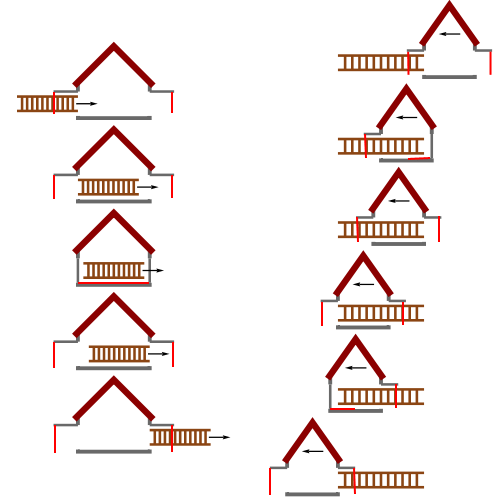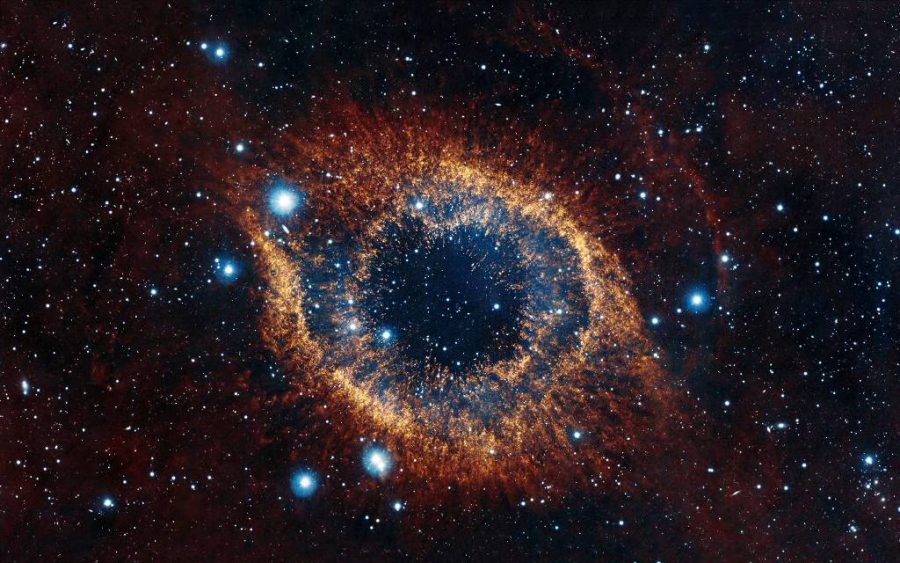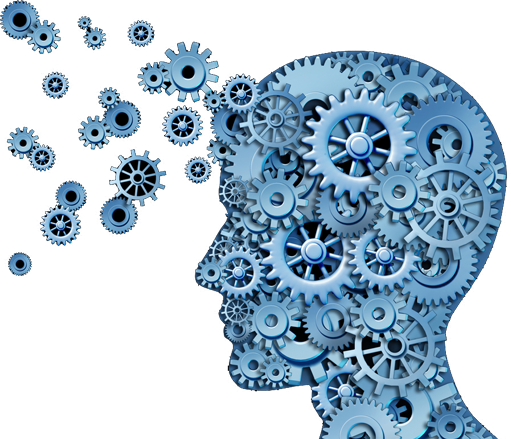“Can human beings know anything, and if so, what and how? This question is really the most essentially philosophical of all questions.” – Bertrand Russell
Not being offensive to Bertrand Russell’s logic I’d like to mark his question as illogical.
Such question should not be uttered if it puts in doubt the ability to know, assuming that we don’t know and we will never know [any answer].
It is also illogical to utter it if we assume that we have knowledge to the extent of having this question.
“I know” is a wrong statement in absolute sense.
“I create knowledge” is the right statement.
As long as we observe we will create knowledge.
All things are already known to us.
We can not observe something out of our five senses; therefore we can not create knowledge out of “the five”. In this Universe there is nothing unknown to us. The details are unimportant because they come from our knowledge.
We know what knowledge are we missing, only if we already have the knowledge about the subject? Not knowing what knowledge are we missing, is an ignorance.
The above said may sound “non sense” if one does not know the meaning of “knowledge”.
Have Bertrand Russell really explained what is “knowledge”?
The self-awareness does not use words and meanings for itself. (How can you explain you, being you?)
Meanings and concepts are created and put in words after the self-awareness observes something different than its own self.
“Motion, object, something different than myself.”
We have just created knowledge by creating the concept of something which is not “me”. The same way we create all possible knowledge.
(more…)




